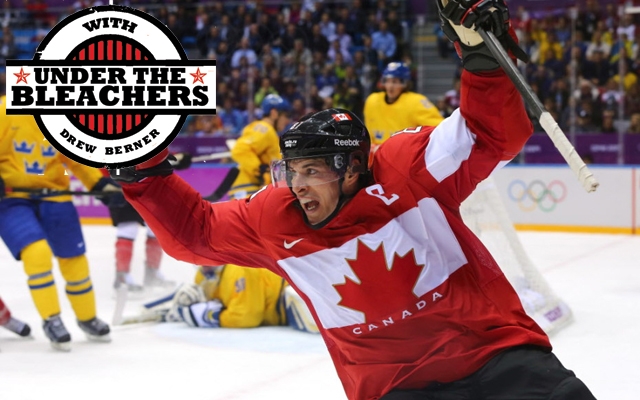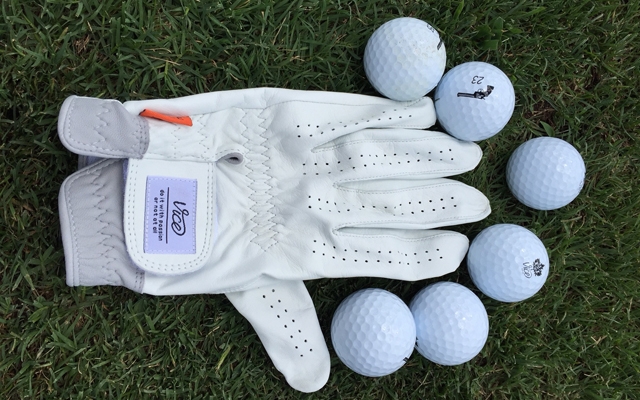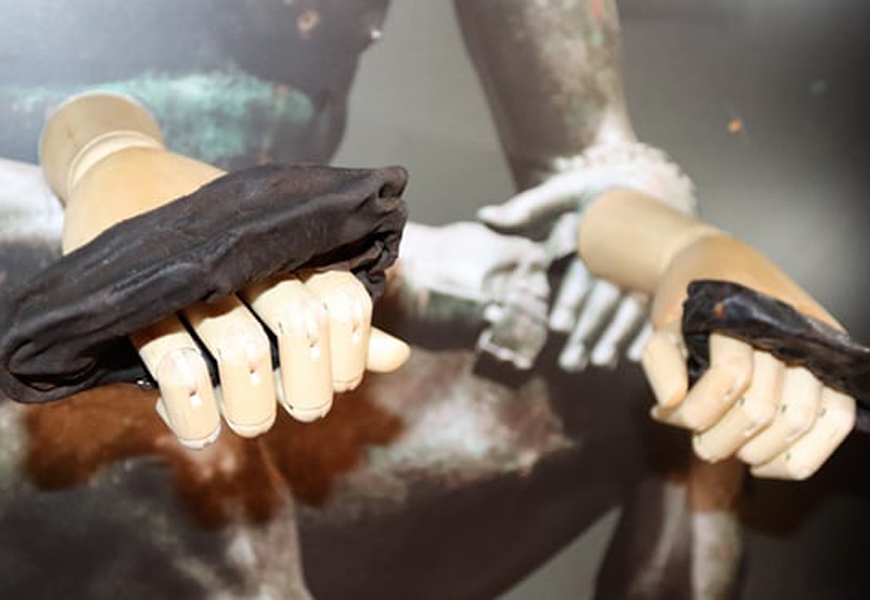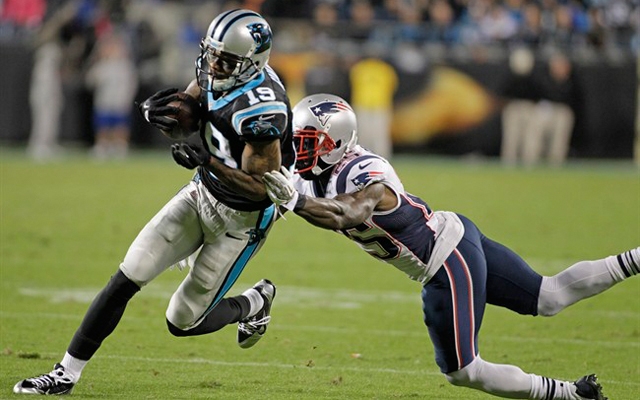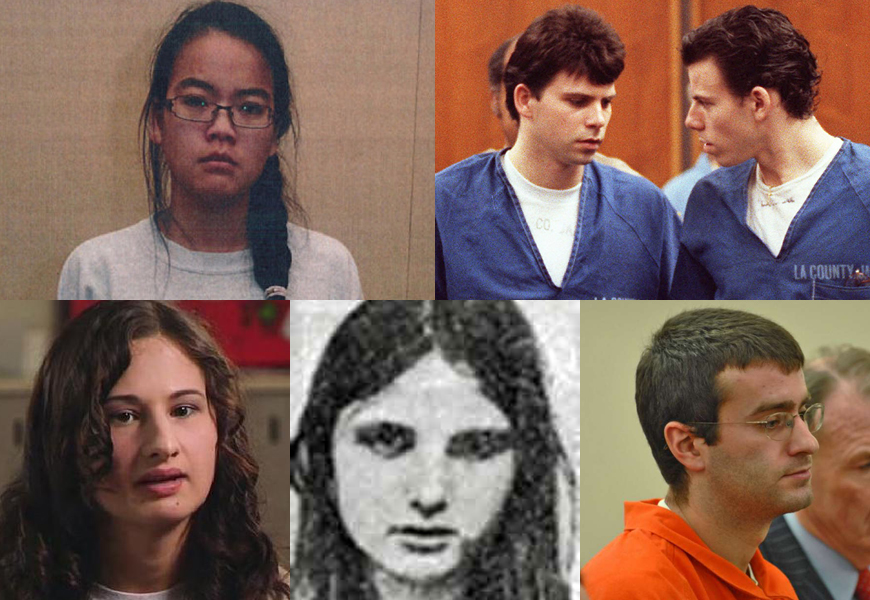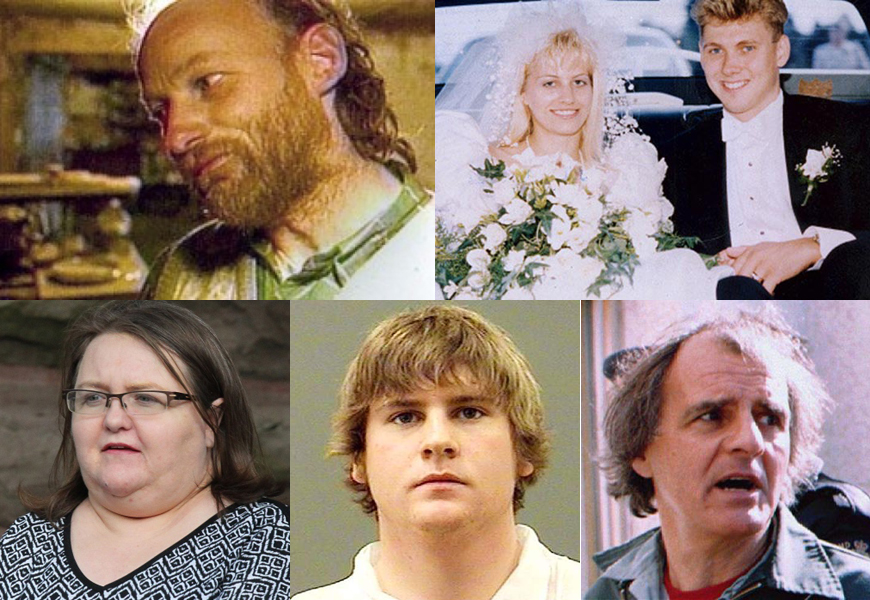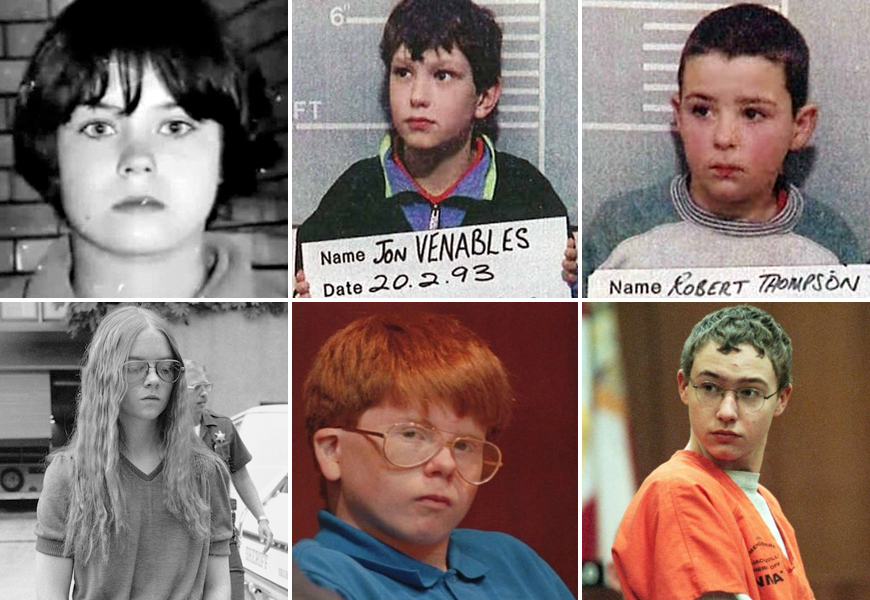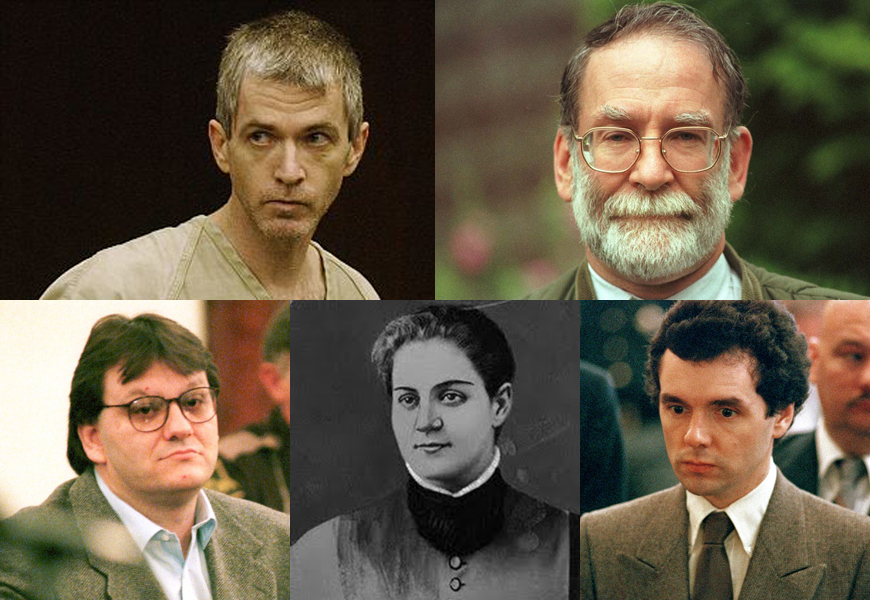The Sochi Olympics are now a matter for the history books, so you’ve probably seen the last of the NHL’s participation in the Olympics, at least for a while. By all accounts, Pyeongchang, South Korea won’t be greeting any NHL players in 2018, and by some accounts that’s not a bad thing.
Team Canada’s dominance at the Sochi Games lacked a certain excitement, we all sort of expected Canada would triumph and the rest was just details. Of course, nothing could have compared to the gold medal Team Canada won on home turf in 2010, let alone a game played on the other side of the world that we had to watch in the wee hours of the morning. Drink all the beer you want with your bacon and eggs, a 3-0 defensive clinic over a Swedish team missing its best player will never outrank an overtime goal by Sidney Crosby to beat Team USA in the heart of Vancouver.
It’s a lot easier to see the negative when the Olympics are so far away and even watching each hockey game can be a challenge. Canada had trouble scoring, they just barely beat Latvia, they generally played pretty boring hockey—all very true, but there are even better arguments against the NHL’s involvement in the 2018 Olympics than “it’s too early in the morning” or “beating Sweden isn’t as fun.
Many have pointed to the potential for injury—Islanders star John Tavares is a poster child for that concern, his NHL season ended by a knee injury in Sochi, though the IOC has reportedly agreed to compensate his team—the extended break in the NHL schedule, and the physical toll of additional games as reasons the NHL should stay away from future Olympics.
While those may be fair concerns, players can get hurt doing just about anything, the break offers a chance for non-Olympians to rest and recover before the playoff stretch, and the evidence, at least for Canada’s Olympic team, shows those additional games haven’t hurt players’ production one bit.
Aside from a single outlier—disgruntled former Lightning captain Martin St. Louis, who has just one goal and three assists in 15 games since being traded to the Rangers—Team Canada has been as good or better since the Olympic break. Sidney Crosby is still the scoring leader by a mile, with 100 points—16 more than Ryan Getzlaf, another Olympian—including eight goals and 16 assists since the break; Carey Price, named most valuable goalie during the Olympics, has gone 6-2 with a .923 save percentage since the Games; defenseman Shea Weber, who had three goals and three assists in six Olympic contests, has six goals and six assists in his last 17 games. And before suffering a knee injury last Saturday, Colorado’s Matt Duchene led his team to a 10-5-1 post-Olympic record with a sizzling 20 points and a +8 rating. Doesn’t sound like any of these extensively trained, meticulously maintained professional athletes were worn out by those six extra games, does it?
And fans of top NHL clubs like the Penguins and Blackhawks can complain that the Olympics break slowed their teams’ momentum—the ‘Hawks are 8-8-1 and the Pens are 9-8-2 since the Olympics—but that’s just a big fat excuse. The Bruins, who had five Olympians on five different teams, only have two regulation losses in their last 20 games; the Kings have gone 14-4 in the same time, including a seven-game winning streak immediately following the Olympics. Quote all the studies you want, the Olympics don’t turn good teams into bad teams.
But the bottom line is the players overwhelmingly want to play. This generation of NHLers grew up watching Wayne Gretzky and Mario Lemieux and Patrick Roy play in the Olympics—it’s been 20 years since Olympic hockey didn’t include NHL players—so they covet a gold medal almost as much as a Stanley Cup. And as fans, wouldn’t we want the world’s best players competing for their home countries?
So humbug to the Scroogey owners and their bottom lines, the Olympic tournament is good for hockey players and it’s what the fans want, so it’s good for hockey.

